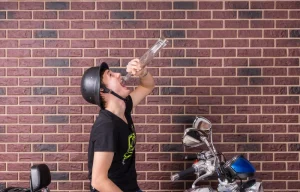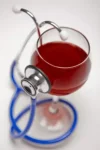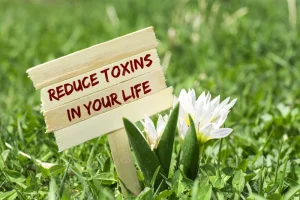
I felt like a little kid who was asked to watch all her friends suck on bright-colored lollipops but forbidden to have a taste. Mocktails and so-called zero-proof beverages are growing commonplace on menus as more people opt to follow a “sober curious” or strictly teetotal lifestyle. If you what happens when you stop drinking alcohol are sober-curious and looking for a starting point, talk with your primary care provider. We can help you create an effective, sustainable plan to put you in control of your relationship with alcohol. If someone chooses not to drink, they are under no obligation to explain their decision.
You May Live a Longer Life
- To find a therapist, visit the Psychology Today Therapy Directory.
- If you are going out, try taking only the exact cash, or set up a spending alert on your card.
- It’s not uncommon for a small amount of alcohol to make someone feel sexually charged.
- However, abstinence is becoming more mainstream – and people turning to non-alcoholic alternatives says it does wonders for their mental and physical health.
“Insomnia is pretty common among people who abuse alcohol,” Dr. McGrath says. By now, your friends and family should have noticed your healthier skin, improved energy, better moods, and maybe even your weight loss (as long as you didn’t replace alcohol with carb-heavy foods). Because alcohol is a known human carcinogen, abstaining from alcohol will eventually decrease your risk of getting cancer. How long does it take for your skin to clear up after quitting drinking?

What happens if you stop drinking for 30 days?
Over the past two decades, the number of American undergraduate students who report abstinence from alcohol has risen by 8%, and in the U.K. In 2019, adults aged 16 to 24 were most likely to be teetotal, with 26% saying they never drink. One of the most significant benefits of giving up alcohol is that you may increase your lifespan. Alcohol misuse can lead to serious health problems like liver disease and cancer.
Boost brain power
- One way to represent the average drinker may be to focus on people who don’t have a history of alcohol dependence.
- That’s especially true for those who drink large amounts for long periods of time.
- Being dependent on alcohol can cause physical withdrawal symptoms like shaking, sweating or nausea.
- By the start of three weeks without alcohol, it’s likely you’ll have developed new ways to fill the time you once spent drinking.
By the first week after stopping alcohol, you will be more hydrated. The effects of being well-hydrated will continue to build, having https://ecosoberhouse.com/ more positive results as you continue sobriety. In the short term, alcohol can reduce anxiety and release your inhibitions.


But anything beyond a drink a day increases the risk of new or worsening mental health problems. When alcohol intake is reduced, most drinkers-gone-teetotal report younger looking skin, improved heart health, stronger immune systems, and better sleep. Symptoms of alcohol withdrawal are linked to those who stop drinking alcohol after a long time of heavy drinking. If you are a light to moderate drinker, it is unlikely you will experience these symptoms. Heavy drinkers or binge drinkers should feel more hydrated and less fatigued after 4 days of not drinking.
Can cutting out alcohol bring about health benefits?
Is Room Temperature Water Better for You

Physical & Mental Benefits of Not Drinking Alcohol
